Is There a Type of Fiction That Can Continue Indefinitely
It's a practical reality that most fiction has to end. Writers have to stop typing, movie scripts cannot continue indefinitely, and even most TV series cannot create endless series. This holds true for most video games, which follow standard conventions in having a definitive ending to their story and sometimes even their gameplay. It's not true for all of them, however.
With the potential for video games to have randomized elements, a replayability factor, or simply open-ended gameplay, some games can be played from now until the cows come home.
LittleBigPlanet's Official Gameplay Is Only Just The Beginning
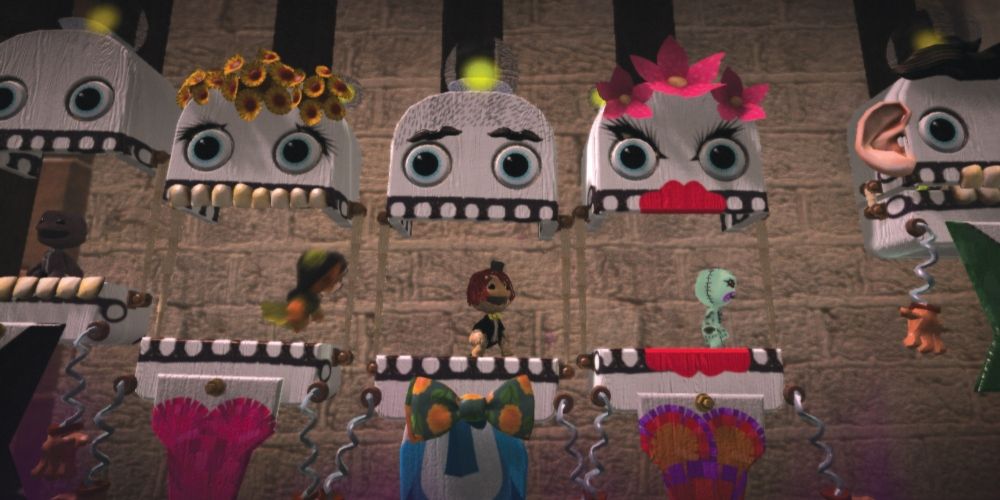
The LittleBigPlanet games come with single-player campaigns that provide gameplay challenges and tell a story. Still, their real purpose is to serve as an introduction to the gameplay and various level-building tricks and techniques players can make use of. Instead, the point of the game is to serve as a series of design and construction tools.
The real meat of the game is the ability to create custom maps and levels, and to play those created by others. With more levels available than anybody could realistically complete - and the potential to create more at any time - the LittleBigPlanet series has a practically endless series of content coming from the minds of gamers.
Minecraft's End Doesn't End The Game

The most famous open-ended sandbox game of all time, Minecraft has no ending. Instead, the game emphasizes player freedom, allowing individuals to choose how they interact with the world. Completely objectiveless for a long time, Minecraft now includes a goal: the realm entitled The End, and its boss, the Ender Dragon.
However, despite reaching The End – requiring a lengthy quest, a boss fight, and even showing an unusual credits sequence afterward – this doesn't actually end the game. Instead, the player is free to continue playing as long they like - with certain content only available after defeating the Ender Dragon – doing whatever they want in the game's endless worlds.
Dwarf Fortress Has No Real Objectives
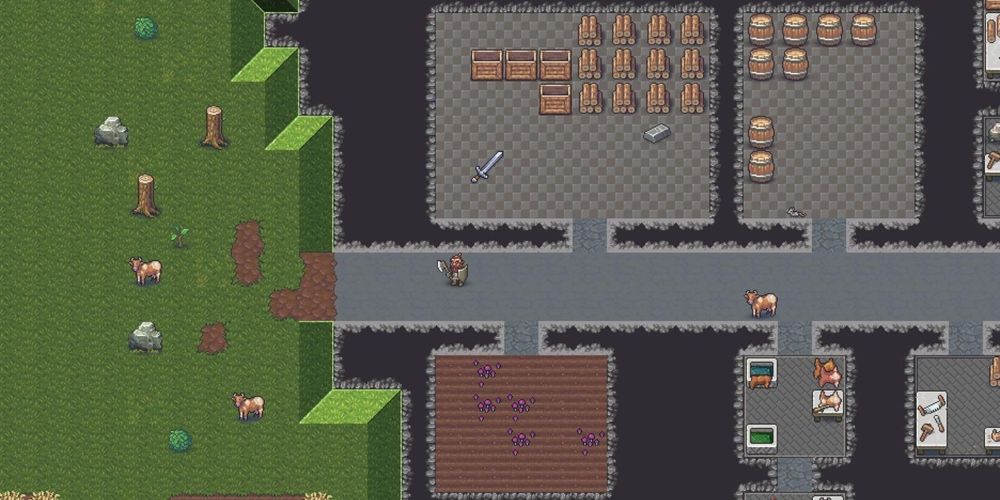
A common way to make a game endless is to give players a box of tools and gameplay elements and see what they do with them. Base-building roguelike Dwarf Fortress is a prime example of this style. The game offers many elements in its aim to allow players to control and manage a complex base, but provides neither directions nor quests.
Instead, players try and build bases and keep their dwarves alive in the face of a very hostile world. Most players accept the endpoint being when their fortress falls and their dwarves die horrible deaths, but nothing is stopping them from making a secure, happy base that can stretch on indefinitely.
Animal Crossing Welcomes Players For As Long As They Like
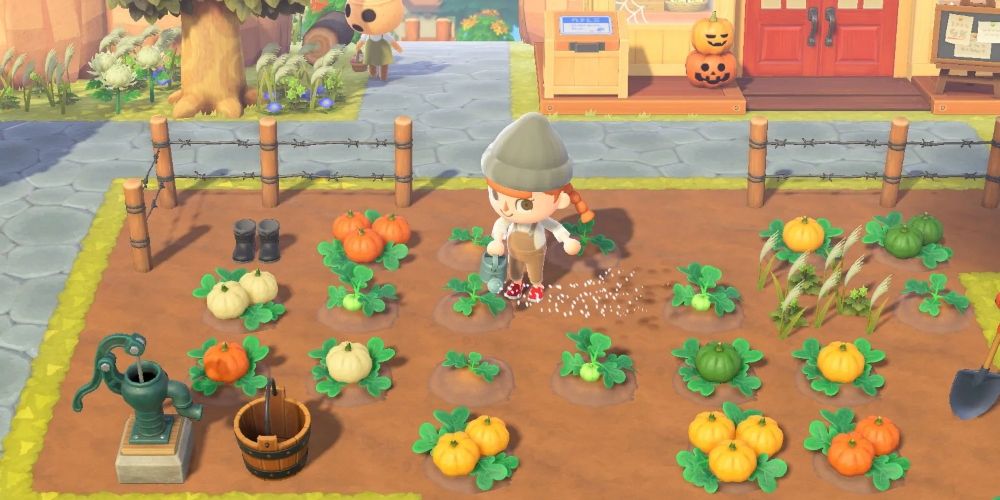
A notoriously relaxing and welcoming series, the Animal Crossing games only have one real gameplay objective: the player paying off their mortgage, and tend to leave everything else up to the player's choice. The games contain a theoretically endless wealth of content for players with social, gathering, and design aspects.
Although some may feel that they are finished with the game once they pay off their mortgage, design a house they like, and donate everything necessary to the museum, nothing keeps players from continuing their game. They may try out endless house designs, enjoy socializing with their villagers, or simply try and make as much money as possible trading turnips.
Call Of Duty Zombies' Individual Rounds Don't Even End
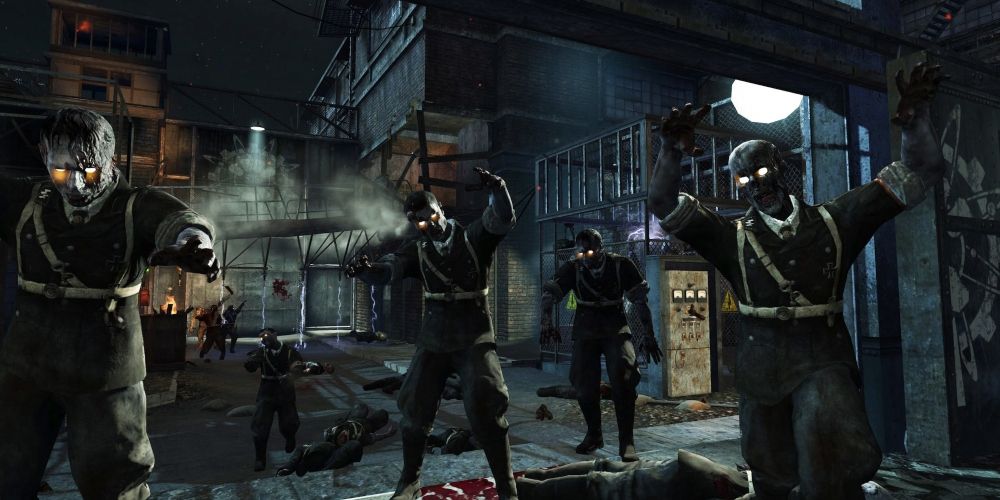
Call of Duty: Zombies is not officially a game in and of itself but a package of side content running throughout the series with its own storyline and gameplay conventions. Much of the Call of Duty franchise, being very multiplayer-focused, has no actual ending, with players encouraged to continue to play round after round.
Zombies takes things one step further, however. In addition to the Zombies maps being infinitely replayable, they tend not to end except with the players' deaths. Barring the few with alternate ending conditions, they can go to a theoretically infinite number of waves if the player is skilled and determined enough.
Reigns Gives Players An Endless Dynasty If They Fail
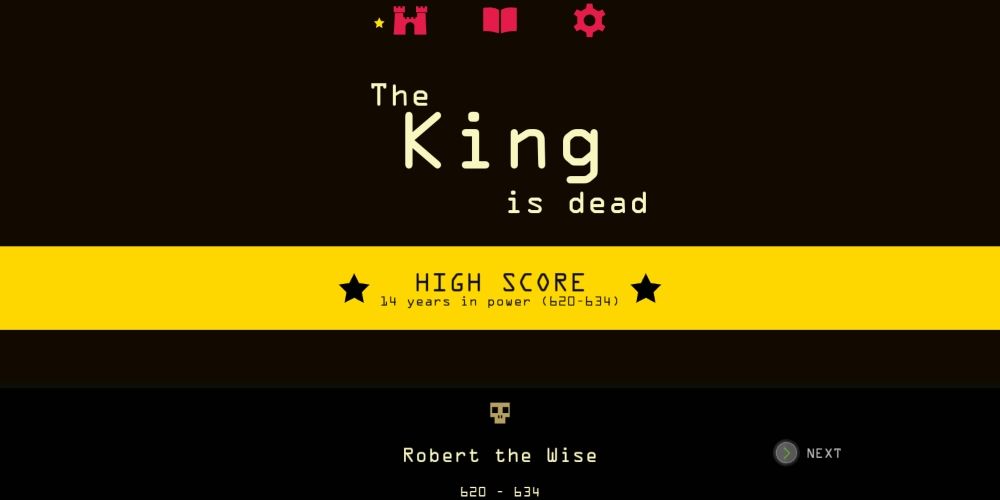
Reigns paints itself as a political ruling simulator, with the player controlling the lives of kings by making a series of binary decisions. However, it does have a hidden storyline objective: defeating the Devil, who threatens to claim the souls of the game's rulers unless they can outwit him.
The Devil can be defeated at a pre-defined point during the game. If the player does it successfully – or gets close but fails – the game ends. If they have not progressed that far in the questline by the time the Devil comes for the third time, however, nothing happens, and the player can continue running their dynasty forever.
The Sims Is As Free-Form As The Life It Simulates

One of the most famous life sims ever is The Sims series. Giving the player control of a family or group of people, the games have the players interact with their virtual, semi-autonomous video game avatars. Although the games have some guidance, they have no concrete objectives for the players.
Instead, players make their own fun by helping their Sims prosper, find happiness, live fulfilling lives, or by luring them into terrible and lethal situations. The game can continue through generations of Sims, with both birth and death present in the game.
Stardew Valley Has Enough Content To Be Played Indefinitely
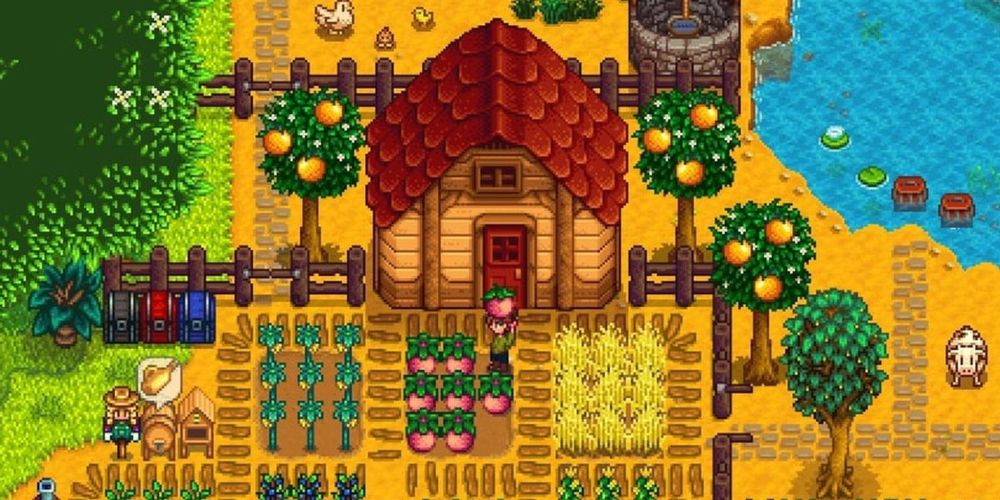
Farming sims and similar games tend to be designed to be endless, as there is no natural stopping point for a game dedicated to farming and interacting with others. Stardew Valley has goals for the players, like repairing the Community Center, getting married, and reaching the bottom of the Mines, but it also has plenty to do beyond that.
After a reasonable amount of hours put into the game, the player will likely have seen most of the game's events, driven off Joja Corp, and passed their grandfather's evaluation, but that doesn't mean they're done. From there, they can explore the Valley's secrets, focus on their social attachments with other characters, or get as much money as possible.
Monster Hunter: World Has Endless Quests
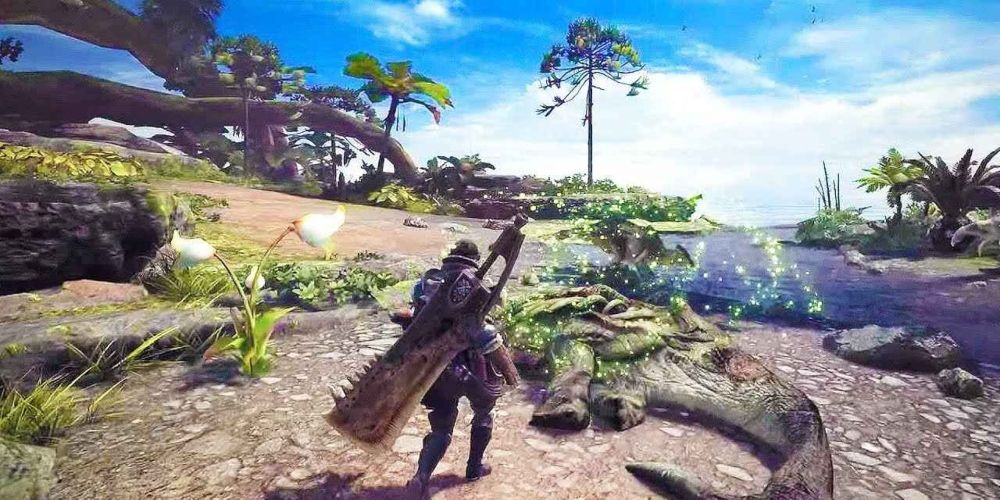
Monster Hunter: World has a fairly lengthy story, as does its expansion Iceborne. However, despite spanning several tens of hours, these stories typically serve more as introductions to the world and gameplay than anything else. Ending at relatively low Hunter Ranks, completing the storylines simply opens the bulk of the game's content up to players.
Once Xeno'jiva in the base game or Shara Ishvalda in Iceborne have been defeated, the fun truly begins. Players gain access to the higher Hunter Rank quests in the base game. In Iceborne,the player can reach the Guiding Lands, and the rest of the game is spent facing ever-increasing challenges while acquiring new weapons, armor, and decorations. Even after defeating the game's most challenging monsters, there are still Events, Investigations, and replayable missions to pursue.
Don't Starve Together Lasts As Long As The Players' Food
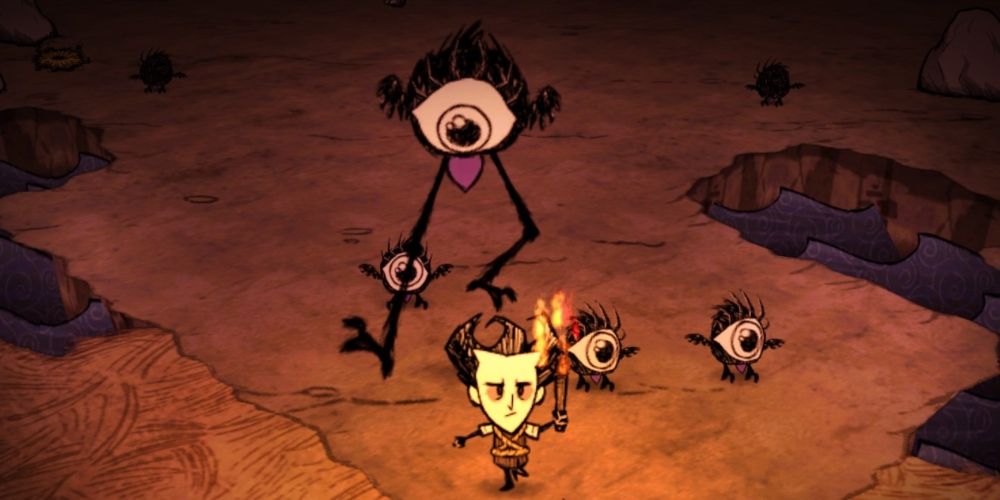
Survival games are another genre of games that typically last forever or until the player dies. However, the original Don't Starve has an Adventure Mode, which gives the player a goal to pursue and an ongoing storyline. Conversely, the multiplayer spinoff Don't Starve Together is more traditional.
Whether in a group or solo, a player simply survives in the Don't Starve Together world until they can't. There is a world to explore and plenty of things to do, but none of them will end the game. The only thing that will is everyone perishing to the elements, monsters, or starvation.
Source: https://www.cbr.com/best-video-games-that-never-really-end/
0 Response to "Is There a Type of Fiction That Can Continue Indefinitely"
Post a Comment